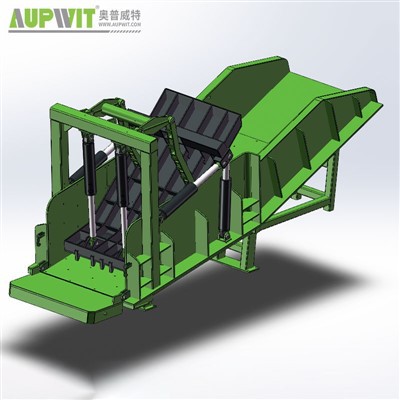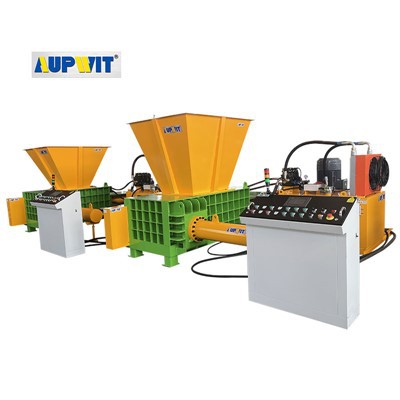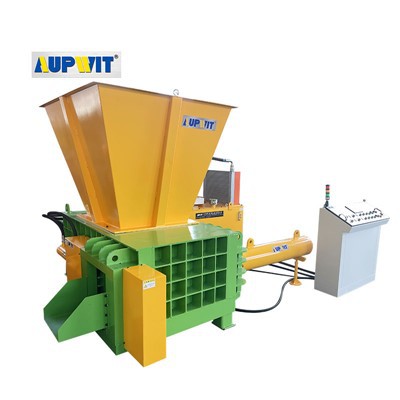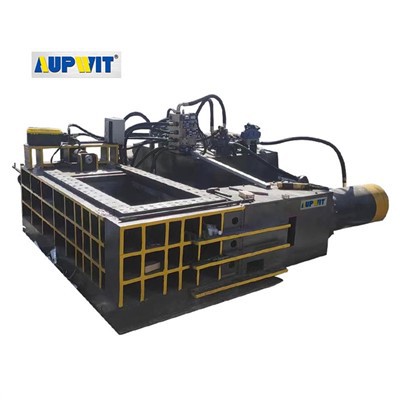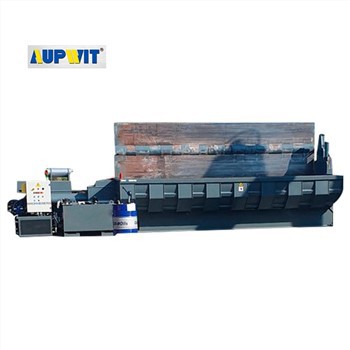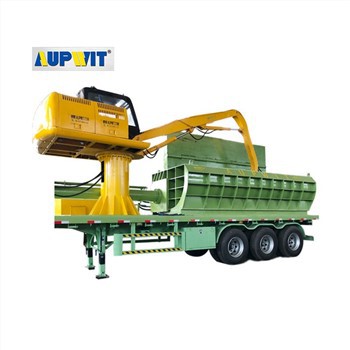Hydraulic Box Shear Machine
Key Factors Influencing Service Life and Longevity
The service life of a Hydraulic Box Shear Machine has no fixed standard, as it is significantly shaped by several key factors that interact with each other during the machine's operation.
Manufacturing Quality and Design
First, the machine's manufacturing quality and design lay the foundation for its lifespan. High-quality materials used in key components—such as the frame, shearing blades, and hydraulic system parts—enhance resistance to wear and deformation. A well-designed structure that distributes stress evenly during shearing also reduces the risk of premature damage, allowing the machine to maintain stable performance over a longer period. Machines built with durability in mind, focusing on withstanding heavy-duty industrial use, tend to have a more extended service life compared to those made with lower-grade materials or flawed designs.
Maintenance Practices
Second, maintenance practices play a crucial role in extending the machine's life. Consistent and proper upkeep—such as regular checks of the hydraulic system, timely replacement of degraded hydraulic oil, and careful care of shearing blades—prevents small issues from developing into major faults. Neglecting routine maintenance, on the other hand, can lead to accelerated wear of components, such as leaking hydraulic cylinders or dulled blades that force the machine to work harder, thus shortening its overall lifespan.
Operational Usage
Third, the way the machine is used also impacts its longevity. Operating the machine within its recommended limits—avoiding overloading it with materials that exceed its shearing capacity or cutting materials that are incompatible—reduces unnecessary strain on components. Abusive use, such as forcing the machine to handle overly hard or thick materials, can cause sudden damage to the frame, blades, or hydraulic system, significantly cutting short its service life.
Environmental Conditions
Additionally, environmental conditions contribute to the machine's lifespan. Protecting the machine from extreme conditions—such as excessive moisture, heavy dust, or extreme temperatures—helps prevent rusting of metal parts or malfunction of the hydraulic system. Proper storage and on-site protection measures further preserve the machine's components.
Key Factors for Extended Service Life
- High-quality materials in frame, blades, and hydraulic components
- Well-designed structure for even stress distribution
- Regular maintenance of hydraulic system and components
- Timely replacement of hydraulic oil and worn parts
- Operating within recommended capacity limits
- Avoiding cutting incompatible or overly hard materials
- Protection from moisture, dust and extreme temperatures
- Proper storage and on-site protection measures
In summary, a Hydraulic Box Shear Machine can achieve a considerable service life when supported by good manufacturing quality, regular maintenance, proper usage, and effective environmental protection. These factors work together to ensure the machine remains reliable for long-term industrial use, reducing the need for frequent replacements.


